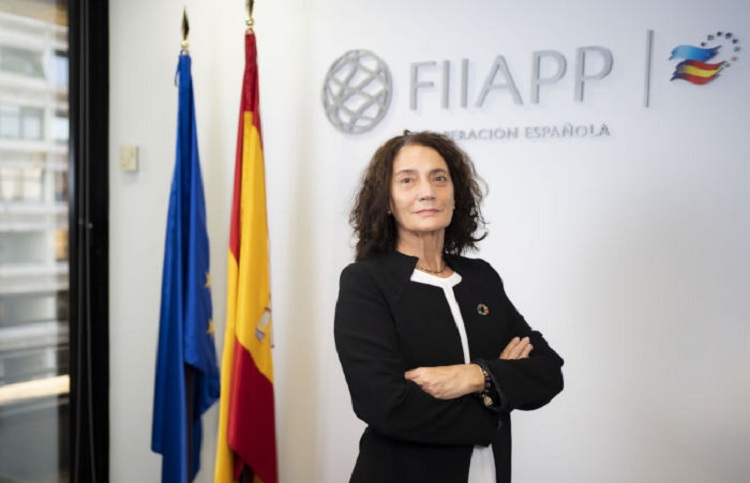The Diplomat
The International and Ibero-American Foundation for Public Administration and Policy (Fundación Internacional y para Iberoamérica de Administración y Políticas Públicas, FIIAPP), a state entity linked to the Spanish Cooperation, is participating in the development of a system to control institutional prison violence in Costa Rica, Argentina and Chile.
The System of Registration, Communication and Integral Attention to Victims of Institutional Violence in Prisons (SIRCAIVI), an initiative of the Inter-American Association of Public Defenders (AIDEF), was presented last week in San José, Costa Rica, with the support of the EUROsociAL+ program, a cooperation program between the European Union and Latin America, and experts from the University of Barcelona and the FIIAPP.
The aim of this project is to put an end to ill-treatment and torture in prisons. Three out of every four people deprived of their liberty in the world are in Latin America, where prison occupancy rates are 153%. Four out of ten prisoners are in pretrial detention awaiting trial. Overcrowding and lack of public resources are at the root of some of the explosions of violence and human rights violations that have occurred in recent months in Latin American prisons.
Costa Rica, Argentina and Chile are pioneering the implementation of the project, which will promote the training of public officials to provide comprehensive care to victims of prison violence, including legal, medical and psychological support.
At the launching ceremony, FIIAPP Secretary General, Inmaculada Zamora, stated that it is “crucial that public penitentiary systems are strong enough to close the door to any form of human rights violations”. “For Spanish Cooperation, the exchange of experiences between public institutions in different countries is one of the most effective ways to contribute to development,” she added.
For her part, the Minister of Justice and Peace, Fiorella Salazar Rojas, declared that the “common objective shared by all the actors involved is, precisely, the guarantee of the human rights of the people in Costa Rican prisons”. Likewise, Fernando Cruz Castro, president of the Supreme Court of Justice of Costa Rica, affirmed that the system will allow “working on the implementation of the protection of such inherent rights as the right to dignity, life, health and access to basic conditions that allow the person to adequately serve his or her sentence.







